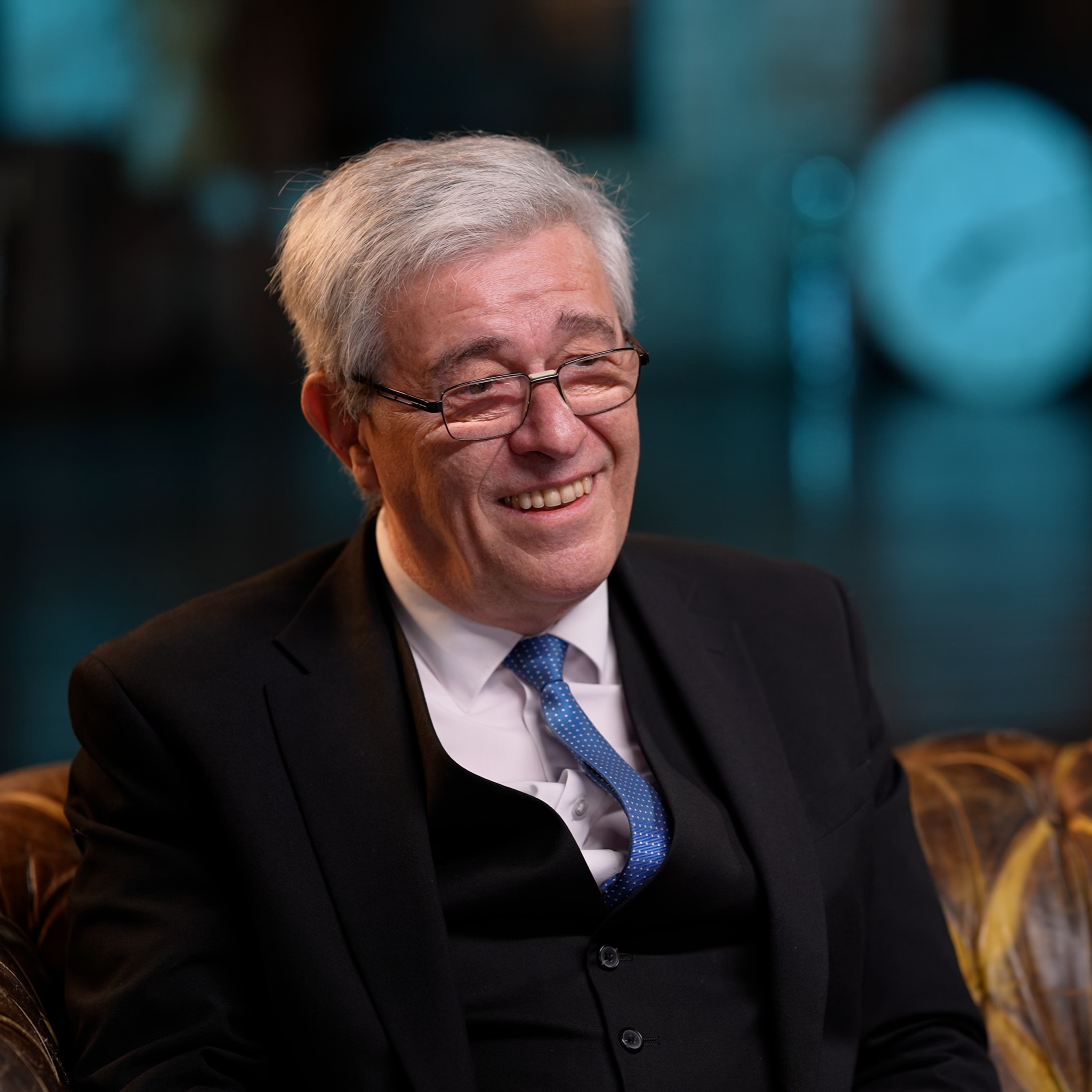Podcast Episode Details
Back to Podcast Episodes
Karl Friston - Why Intelligence Can't Get Too Large (Goldilocks principle)
In this episode, hosts Tim and Keith finally realize their long-held dream of sitting down with their hero, the brilliant neuroscientist Professor Karl Friston. The conversation is a fascinating and mind-bending journey into Professor Friston's life's work, the Free Energy Principle, and what it reveals about life, intelligence, and consciousness itself.
**SPONSORS**
Gemini CLI is an open-source AI agent that brings the power of Gemini directly into your terminal - https://github.com/google-gemini/gemini-cli
---
Take the Prolific human data survey - https://www.prolific.com/humandatasurvey?utm_source=mlst and be the first to see the results and benchmark their practices against the wider community!
---
cyber•Fund https://cyber.fund/?utm_source=mlst is a founder-led investment firm accelerating the cybernetic economy
Oct SF conference - https://dagihouse.com/?utm_source=mlst - Joscha Bach keynoting(!) + OAI, Anthropic, NVDA,++
Hiring a SF VC Principal: https://talent.cyber.fund/companies/cyber-fund-2/jobs/57674170-ai-investment-principal#content?utm_source=mlst
Submit investment deck: https://cyber.fund/contact?utm_source=mlst
***
They kick things off by looking back on the 20-year journey of the Free Energy Principle. Professor Friston explains it as a fundamental rule for survival: all living things, from a single cell to a human being, are constantly trying to make sense of the world and reduce unpredictability. It’s this drive to minimize surprise that allows things to exist and maintain their structure.
This leads to a bigger question: What does it truly mean to be "intelligent"? The group debates whether intelligence is everywhere, even in a virus or a plant, or if it requires a certain level of complexity.
Professor Friston introduces the idea of different "kinds" of things, suggesting that creatures like us, who can model themselves and think about the future, possess a unique and "strange" kind of agency that sets us apart.
From intelligence, the discussion naturally flows to the even trickier concept of consciousness. Is it the same as intelligence? Professor Friston argues they are different. He explains that consciousness might emerge from deep, layered self-awareness—not just acting, but understanding that you are the one causing your actions and thinking about your place in the world.
They also explore intelligence at different sizes. Is a corporation intelligent? What about the entire planet? Professor Friston suggests there might be a "Goldilocks zone" for intelligence. It doesn't seem to exist at the super-tiny atomic level or at the massive scale of planets and solar systems, but thrives in the complex middle-ground where we live.
Finally, they tackle one of the most pressing topics of our time: Can we build a truly conscious AI? Professor Friston shares his doubts about whether our current computers are capable of a feat like that. He suggests that genuine consciousness might require a different kind of "mortal" computation, where the machine's physical body and its "mind" are inseparable, much like in biological creatures.
TRANSCRIPT:
https://app.rescript.info/public/share/FZkF8BO7HMt9aFfu2_q69WGT_ZbYZ1VVkC6RtU3eeOI
TOC:
00:00:00: Introduction & Retrospective on the Free Energy Principle
00:09:34: Strange Particles, Agency, and Consciousness
00:37:45: The Scale of Intelligence: From Viruses to the Biosphere
01:01:35: Modelling, Boundaries, and Practical Application
01:21:12: Conclusion
Published on 3 months, 2 weeks ago